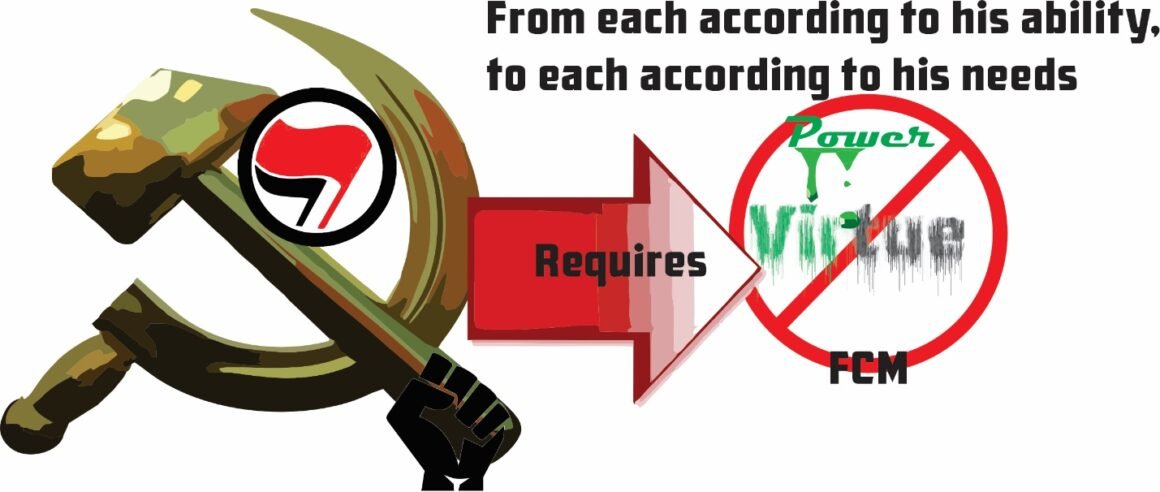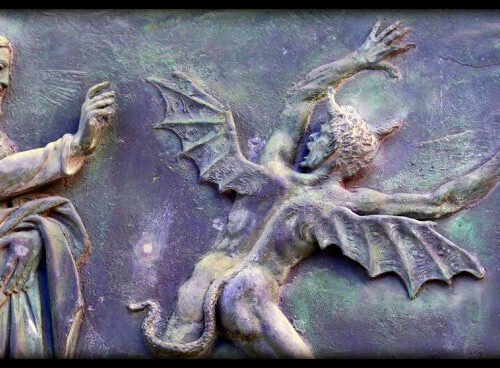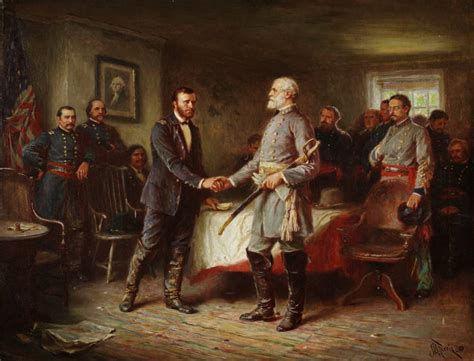
Communism’s Dirty Secret (and Capitalism’s and Democracy’s as Well)
Communism is a utopian philosophy, summed up by the quote from Karl Marx in the figure above. Communism’s secret is that it requires virtue to implement. Its dirty secret is that communism does not teach, induce, or want virtue. But it requires virtue in two dimensions.
First, everyone must exercise virtue to selflessly provide according to his or her abilities and not to take beyond their needs. This selflessness is akin to another interesting term, altruism. Mises.org website states:
The altruists.org website describes Comte’s meaning as “Self-sacrifice for the benefit of others,” where “the only moral acts were those intended to promote the happiness of others.” The philosophybasics.com website describes it as a doctrine that “individuals have a moral obligation to serve others and place their interests above one’s own.” In Comte’s Catechisme Positiviste, he wrote that altruism “gives a direct sanction exclusively to our instincts of benevolence,” and therefore “cannot tolerate the notion of rights, for such a notion rests on individualism.” In short, Comte asserted that people had to be altruistic to be moral and fully selfless to be altruistic.
Aldous Huxley’s Savage in Brave New World notwithstanding, most humans rarely express altruism and virtue, even in savages. They need to be developed, nurtured, and practiced. Communism does not do that. Sure, they indoctrinate, but that is not virtue. The goal of indoctrination is acceptance and passivity to prevent unrest and revolution.
Second, is the corrosive aspect of power. Lord Acton wrote, “power corrupts and absolute power corrupts absolutely.” History is replete with examples of utopian societies crashing down as the leaders became addicted to the corrosive influence of power. We have seen in smaller cults such as Jonestown, the Branch Dravidians, and Heaven’s Gate to entire societies such as Pol Pot’s Cambodia to the  Soviet Union and China.
Soviet Union and China.
Virtue can tame and soften power’s corrosive effects. But if a society does not teach, foster, and value virtue, it cannot contain the corrosive aspect of power.
We see that now with China. While China may have started Communist, the leaders were soon seduced by the siren call of power. Mao Zedong murdered at least a million Chinese and devastated China’s economy and people during his rule. Follow-on leaders learned from Mao, and they effectively transitioned China to a Fascist, Corporatist, Mercantile (FCM) state. Chinese corporations are largely elements of Chinese government power and tools to further their increasingly global ambitions. In this case, virtue is not only not taught, nurtured and value, it is suppressed. They seem to have either forgotten their Confucian history or seek to corrupt it to suit their objectives.
But states under capitalism and democracy should not feel superior. These forms of economics and governance are just as subject to the corrosive aspects of power as communism. The difference is there are some checks and balances built in that acknowledge the corrosive aspects of power and seek to contain them or at least mitigate them. That is, as long as the people understand these checks and balances and value virtue. When a people no longer understand how their government and economy work and lose their sense of virtue, they are in danger of moving along the FCM path as well.
The danger is even more severe when people hear the siren call of the utopian societies.
This post builds on previous posts on virtue and corporatism in the Greenman House blogs.





